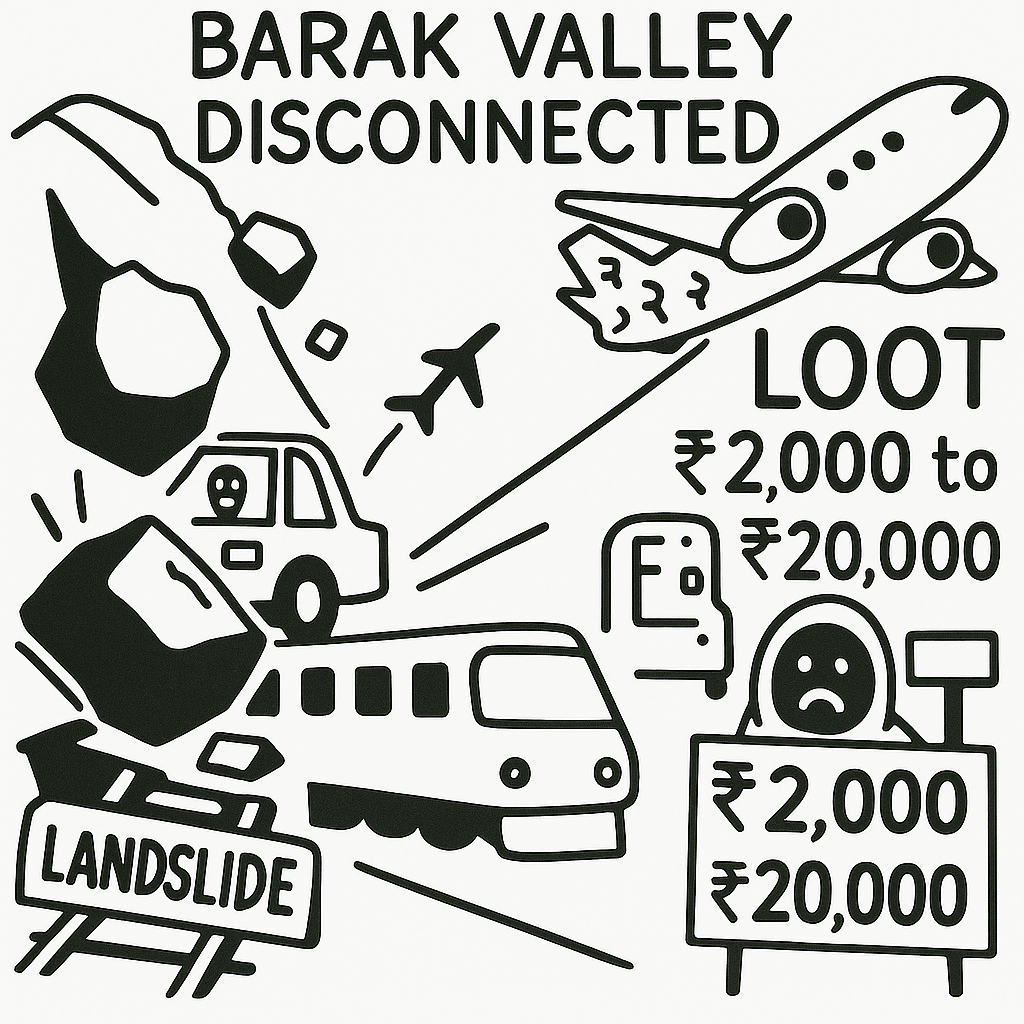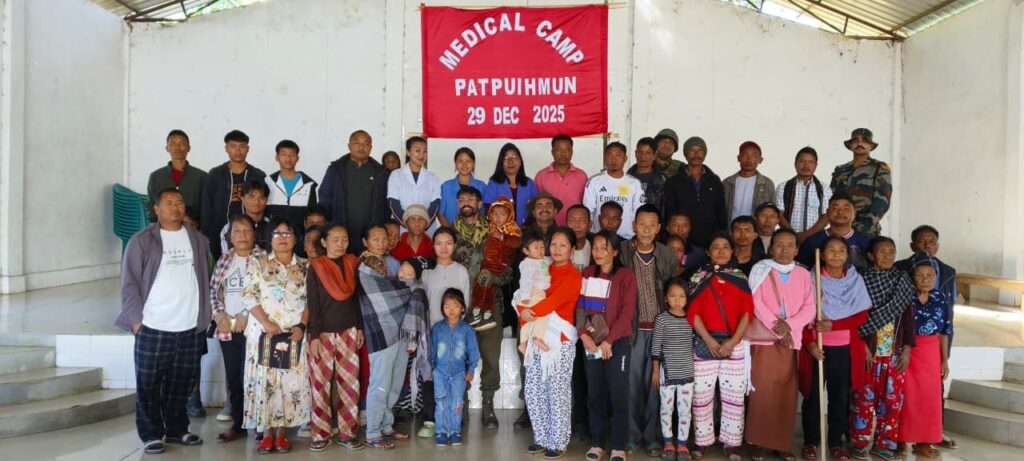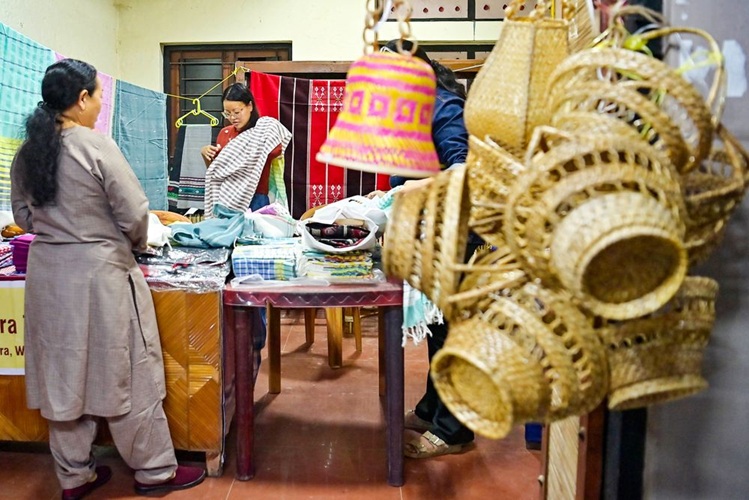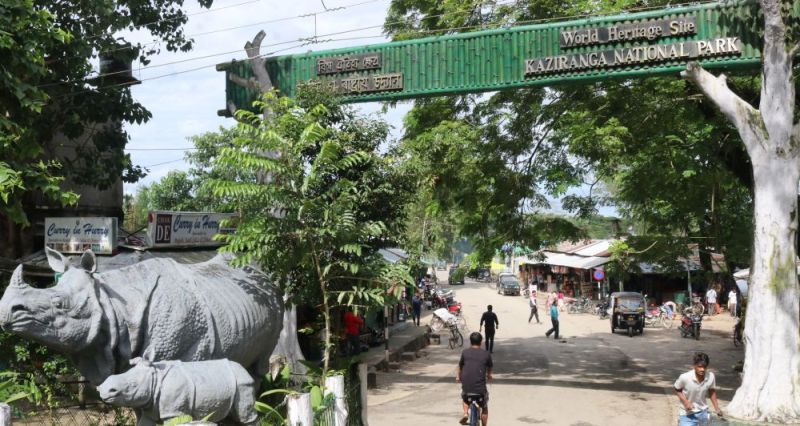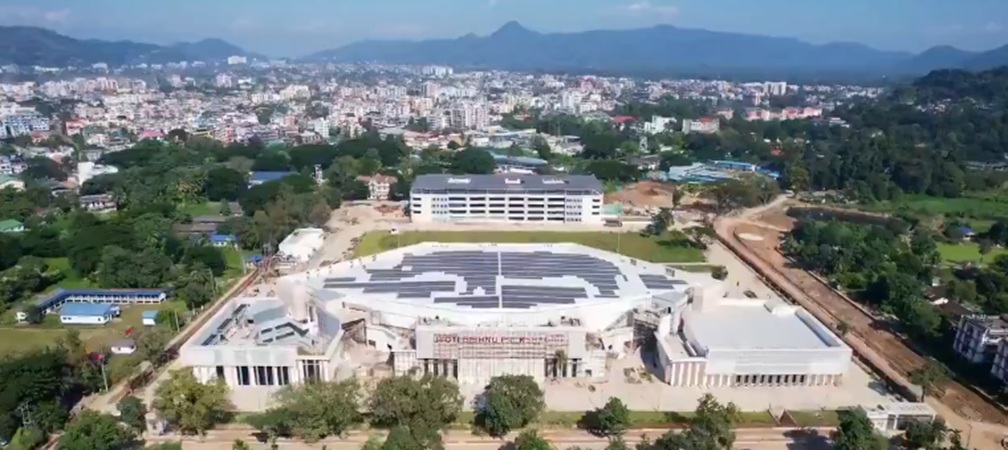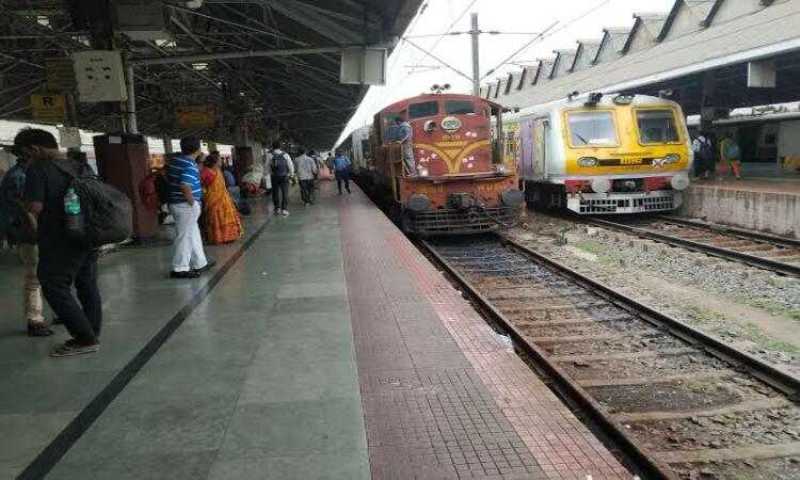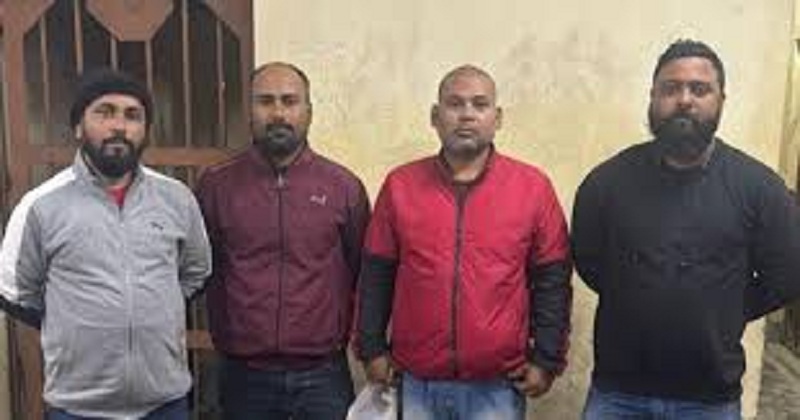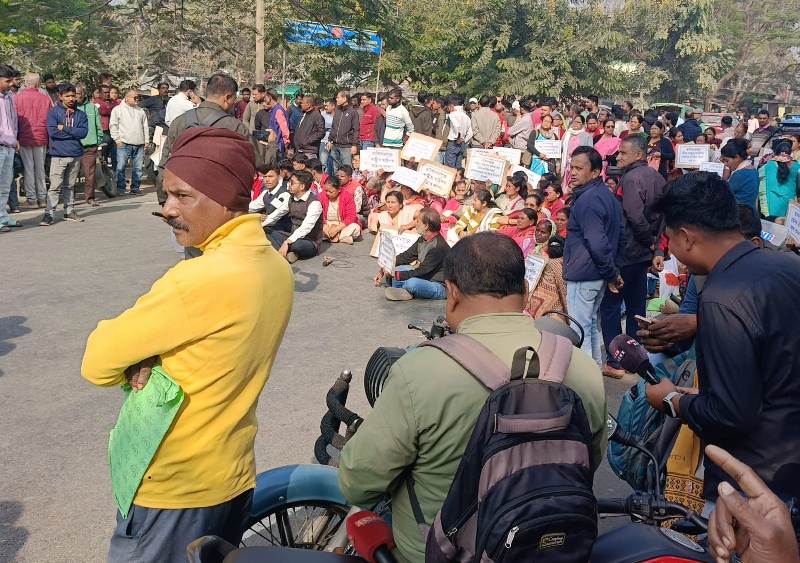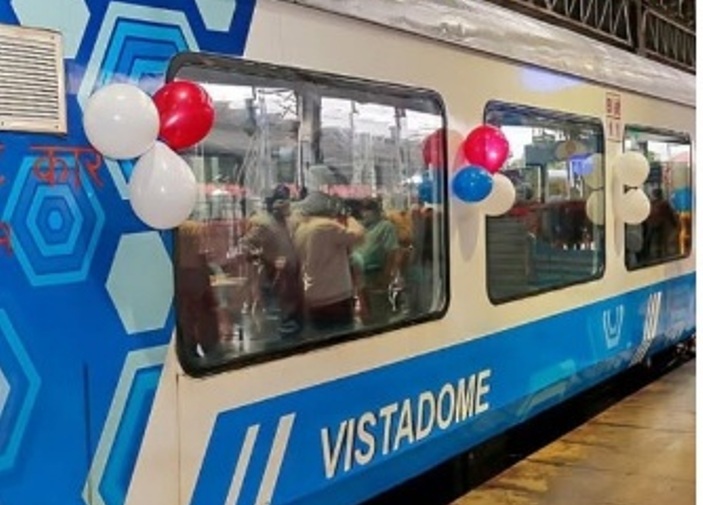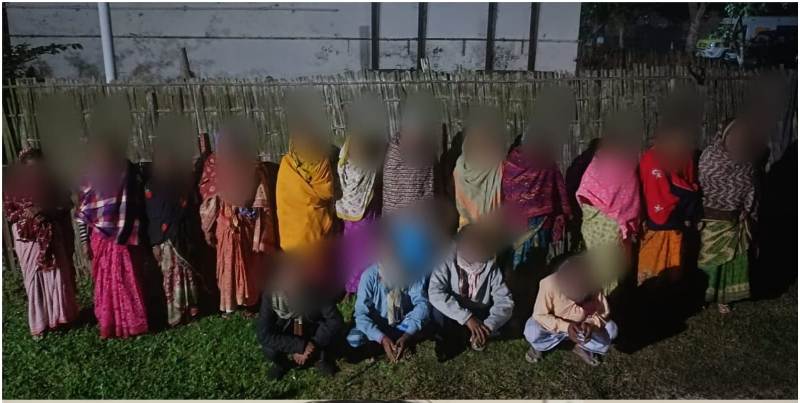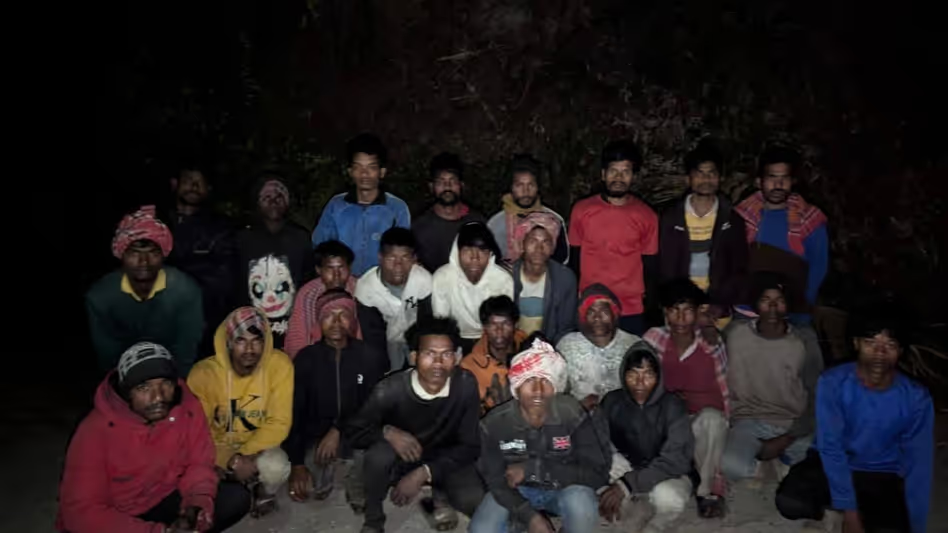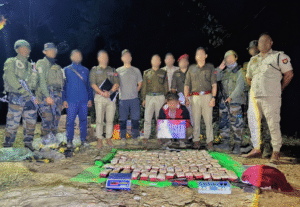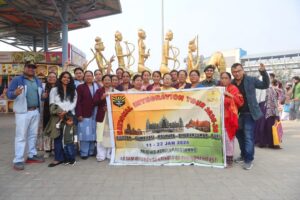
Modi to Begin Third Term as India’s Prime Minister
Narendra Modi, the prominent leader of the Bharatiya Janata Party (BJP), is poised to embark on his third consecutive term as India’s Prime Minister. The swearing-in ceremony is scheduled for Sunday at 6 pm local time (12.30 GMT), marking a significant moment in India’s political landscape.
Following the recent general election, which saw the BJP-led coalition, the National Democratic Alliance (NDA), secure victory with 293 seats, Modi’s return to power seemed inevitable. However, the outcome was not without its twists and turns, as initial projections had not anticipated the BJP clinching an outright majority.
The days following the election were characterized by uncertainty, with speculation rife about potential coalition negotiations. Despite falling short of the 272 seats required for a majority in the 543-member parliament, the BJP’s alliance with key partners, such as the Telugu Desam Party (TDP) and the Janata Dal (United) (JD(U)), provided the necessary support to cross the halfway mark comfortably.
Friday brought clarity to the political landscape as NDA leaders unanimously threw their weight behind Modi as their prime ministerial candidate. Expressing gratitude to his allies, Modi affirmed the NDA’s commitment to effective governance and national progress. “NDA has completed around three decades [as an alliance], this is no ordinary thing. I can say that this is the most successful alliance,” he remarked.
With the leadership question settled, attention now turns to the allocation of ministerial portfolios and the dynamics of coalition governance. Speculation abounds regarding potential concessions to regional parties to secure their continued support within the alliance. Reports suggest that TDP leader Chandrababu Naidu may leverage his party’s position to advocate for special status for Andhra Pradesh, a demand that has been a point of contention in the past.
Naidu’s return to the NDA fold ahead of the election marked a strategic realignment, highlighting the importance of regional dynamics in national politics. While there has been no official statement from his party regarding specific demands, the prospect of renewed negotiations adds intrigue to the post-election landscape.
Wednesday saw Modi formally submit his resignation to President Droupadi Murmu, signaling the end of his previous term and paving the way for the swearing-in of the new government. As India braces for the dawn of a new political era, the nation watches with anticipation as Modi prepares to lead the country forward for another term.

